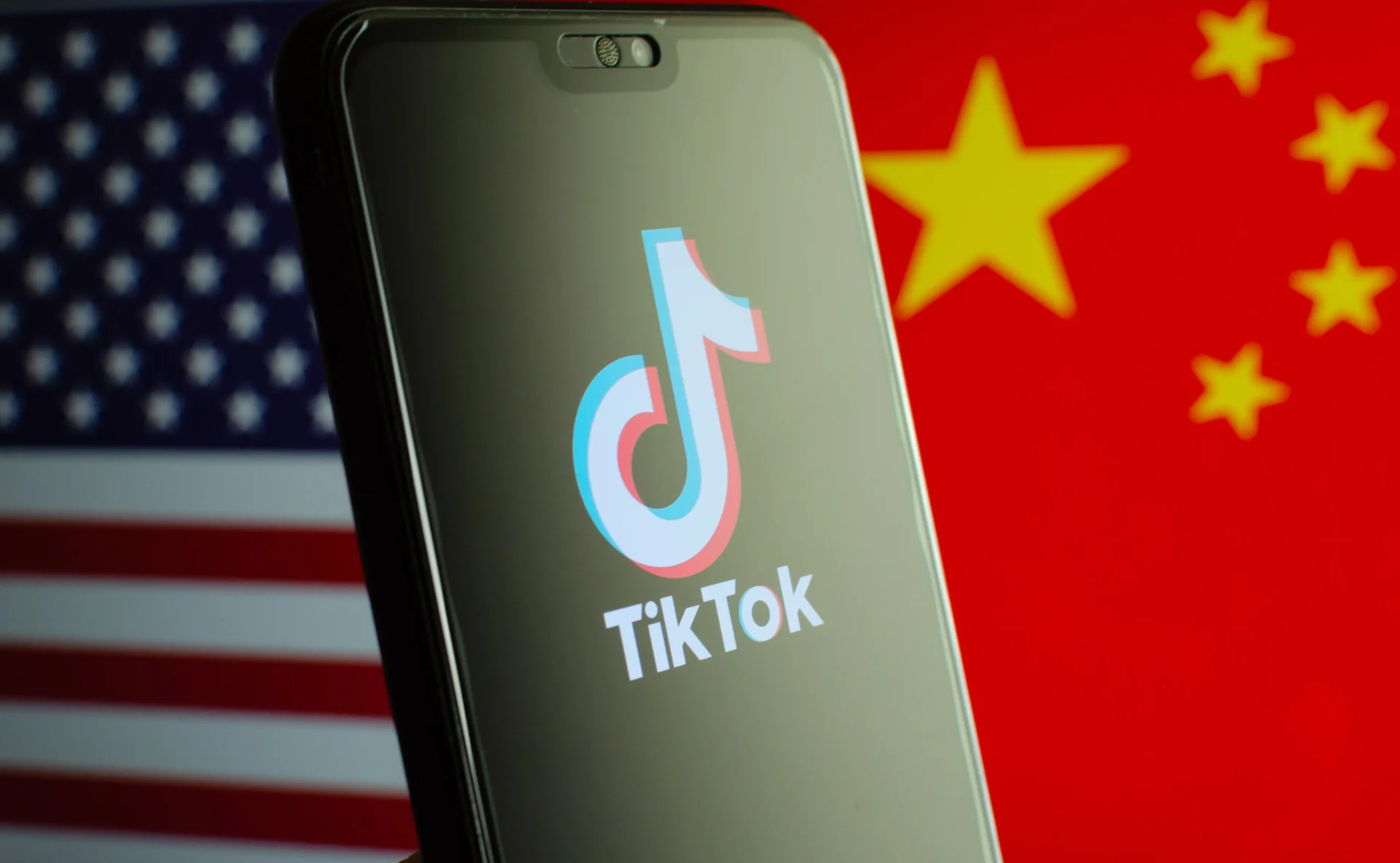In an era where ‘fake news’ has become a ubiquitous term, the impact of TikTok’s misinformation campaigns is profound.
In the intricate geopolitical chessboard where the United States and China are the dominant players, Taiwan’s upcoming presidential election is set to be a crucial move. Far from being a mere local affair, this election, featuring a tightly contested three-way race, has the potential to tilt the balance in the US-China Cold War 2.0.
Here, the emergence of the white camp, albeit a distant third behind the traditional blue and green camps, is a development that has caught many observers off guard. The fact that a third party has garnered significant support in a typically binary political landscape is itself a noteworthy phenomenon.
But what’s driving this unexpected rise of the white camp? A closer look reveals two critical factors. First, there’s a palpable frustration among the Taiwanese youth over domestic socio-economic challenges, notably housing justice and income inequality. These issues have simmered for years, often overshadowed by the larger narrative of cross-strait geopolitics. Complementing this, the second key factor is the White Camp’s exceptional skill in harnessing the power of short video platforms, particularly TikTok, to effectively engage with and galvanize their young supporters.
Consider TikTok’s meteoric rise. It reached 100 million active users faster than any app save for the viral generative AI, ChatGPT, a feat that speaks volumes about its grip on the digital psyche. The platform, now eyeing a competitive stance against retail behemoth Amazon, stands on the precipice of expanding its empire beyond mere entertainment. This is not just an app; it’s a phenomenon, powered by an algorithm so adept at capturing human attention that it’s akin to digital sugar—a quick, addictive hit to the brain.
In India, the 2020 ban of TikTok is seen as a wise and foresighted decision, reflecting the government’s commitment to data privacy and accurate information. This move, addressing concerns over misinformation and external influence, highlights India’s strategic approach to digital sovereignty. The involvement of ByteDance, TikTok’s China-based parent company, adds to the decision’s significance in the broader context of global geopolitics.
Now, turn to Taiwan, where the V-Dem Institute, a renowned research organization, has repeatedly flagged the country’s susceptibility to misinformation originated from foreign powers. Around 35% of Taiwanese are regular TikTok users, a conservative estimate that likely belies a much higher engagement. This phenomenon isn’t confined to the youth; in the southern regions, where anti-China sentiment traditionally runs high, older generations, less fluent in Mandarin, are paradoxically engrossed in content predominantly in Mainland accents.
What we’re witnessing transcends the mere popularity of an app; it’s the propagation of a narrative that undermines trust. In an era where “fake news” has become a ubiquitous term, the impact of TikTok’s misinformation campaigns is profound. These tactics, reminiscent of those employed by tobacco companies decades ago, now termed “Rubbishing Truth,” have a more insidious effect. They create an environment where disbelief becomes the norm, eroding confidence not just in specific pieces of information, but in the very fabric of factual discourse.
This general scepticism in a democracy is more than alarming; it’s a crisis in its own right. When people lose faith in the possibility of discerning truth, the democratic process, reliant on dialogue and consensus, grinds to a halt. This breakdown in the ability to collectively navigate towards a common future is perhaps the most severe casualty of the misinformation age.
As Taiwan stands at this crucial juncture, the immediate focus on election outcomes must broaden to encompass a rapidly approaching future. In the next four to five years, foreign AI-powered platforms like TikTok, with their enhanced capabilities and societal reach, are poised to become deeply entrenched in everyday life, potentially reshaping the core of democratic values. The majority of Taiwanese grappling with fake news is a clear signal of this looming challenge, highlighting the urgency of addressing this evolving digital landscape.
What’s more, the growing power of platforms like TikTok suggests a shift in geopolitical strategies. As these tools become more influential, traditional forms of physical confrontation may become less relevant. China, leveraging the cyber influence of such platforms, could wield significant power, subtly shaping global narratives without resorting to open conflict.
This shift poses a profound challenge for democracies worldwide, including India, necessitating a vigilant and proactive approach to maintaining the integrity of truth and consensus. Our response in this era, increasingly dominated by digital narratives and AI-driven influence, will set the course for the future of democracy, where the battlegrounds extend beyond physical borders into the realms of cyberspace.

